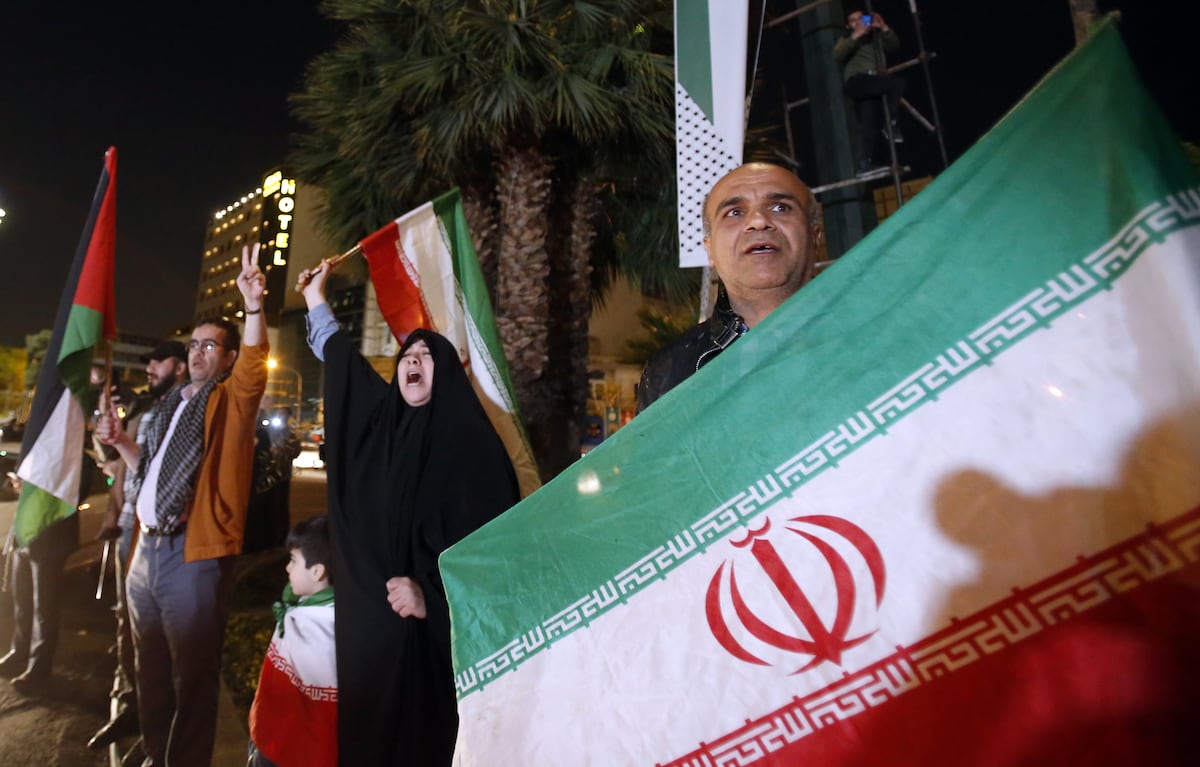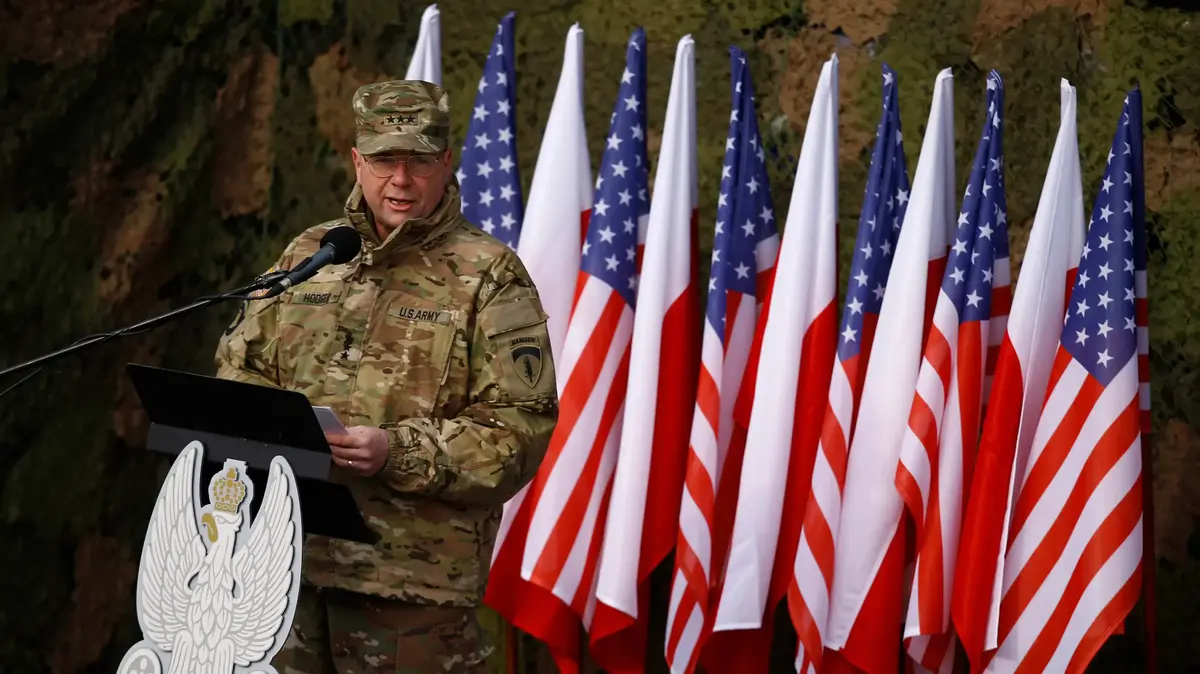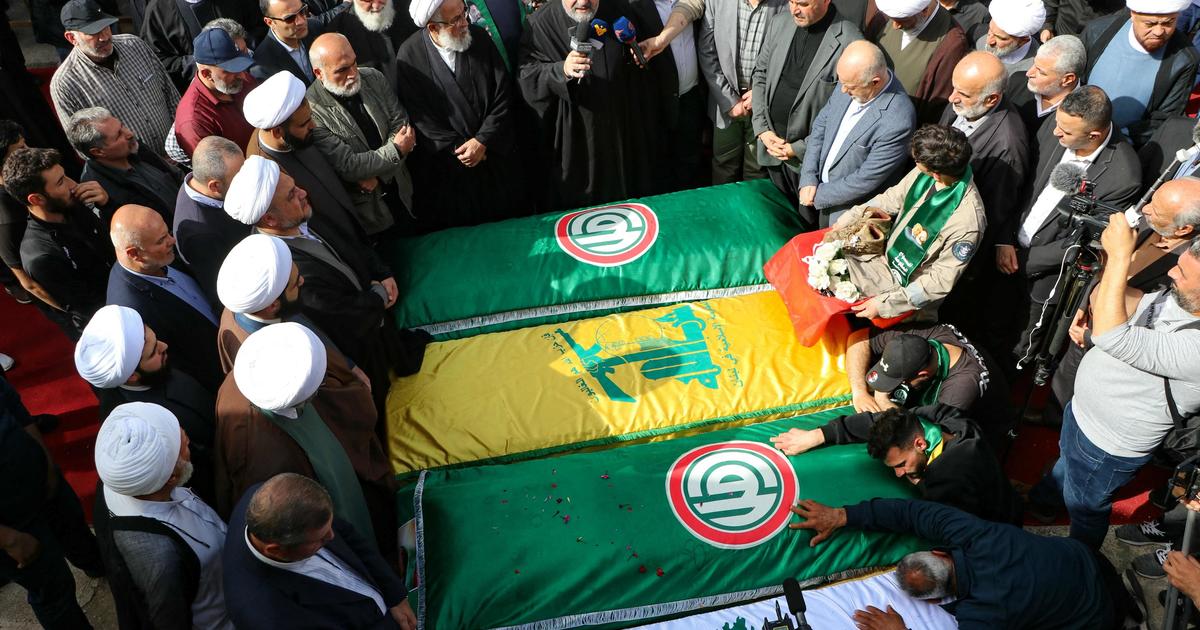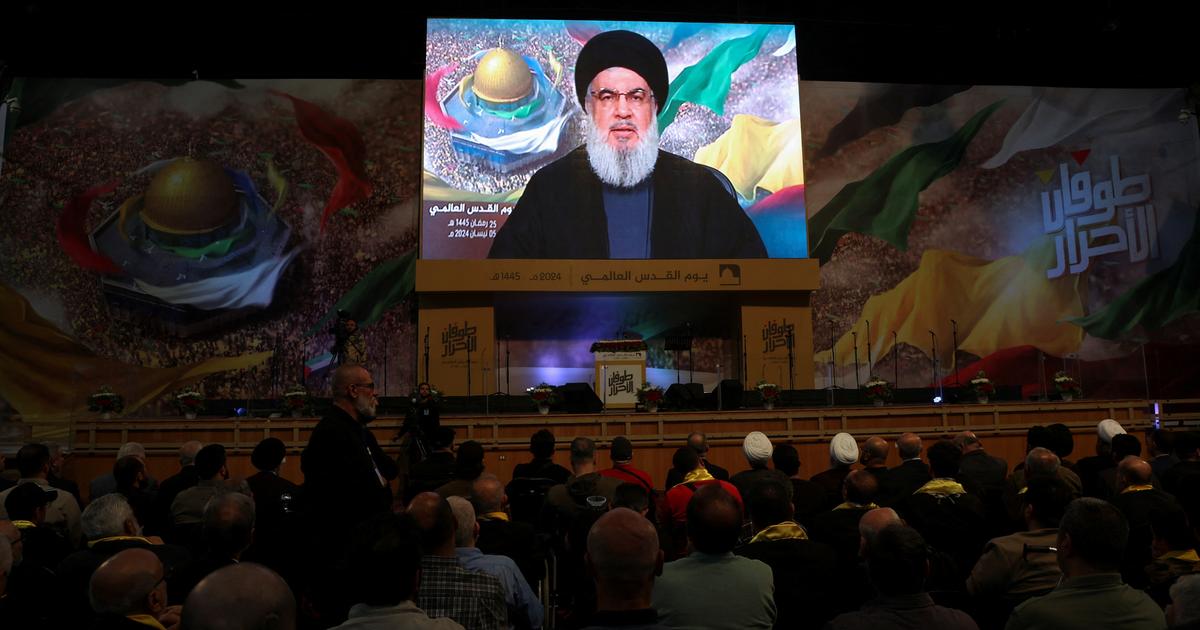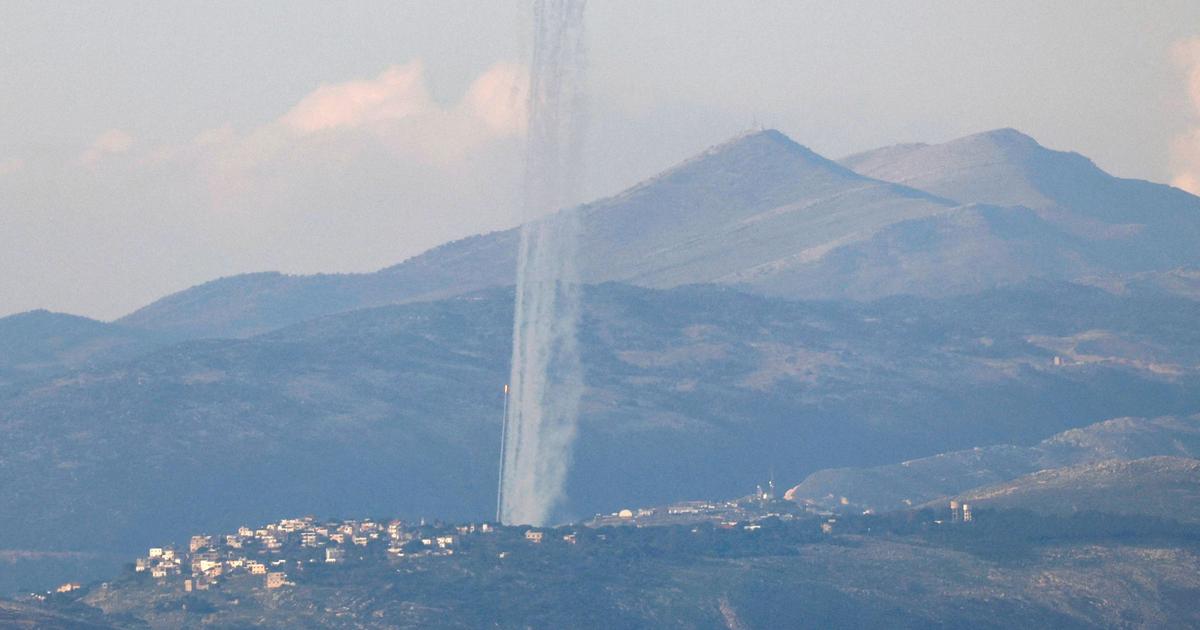The pictures are dramatic: A military helicopter lands on an Israeli army base a few hundred meters from the Lebanese border. On carrying two soldiers are pushed into the helicopter. The helicopter takes off and later lands on the grounds of Rambam Hospital in Haifa. Bloodied and bandaged, the soldiers are taken out of the army helicopter and pushed into an ambulance. And released a little later.
Because the soldiers were not injured at all. They were made up and connected, they played in a charade. The aim was to deceive the Lebanese Hezbollah militia. And that succeeded.
Gil NEHUSHTAN / AFP
Allegedly injured soldier in Haifa: drama to deceive Hezbollah
Hezbollah had fired at least three Kornet anti-tank rockets on an Israeli military post and army vehicles near the village of Avivim on Sunday afternoon. The Israeli forces responded by firing around a hundred artillery shells into the Lebanese territory near the small town of Maroun al-Ras, from which the Kornets were fired.
An escalation with announcement
Hezbollah claimed that it killed and injured several Israeli soldiers in its attack. The Militia television station, al-Manar, broadcasted the pictures of the allegedly injured Israeli soldiers. But after the situation in the border area calmed down, the Israeli military made it clear that there were no injuries or deaths in their own ranks. Another escalation depends solely on Hezbollah. The Lebanese militia said that the incident was over and that the ball was now in the Israeli field.
The escalation on the weekend - one of the most serious incidents since the Second Lebanon War in 2006 - had emerged for days.
- On August 24, the Israeli air force in Syria bombed a position of the Iranian Revolutionary Guards. The incident also killed two Hezbollah members, according to reports from Jerusalem and Beirut. According to the Israeli military, the men, along with the Revolutionary Guards, planned to launch drone attacks on targets in Israel.
- On August 25, two explosive drones landed in a southern suburb of the Lebanese capital, Beirut. Israeli media speculate that the attack was directed against Hezbollah's precision rocket program. If true, it would have been the first Israeli attack on the Greater Beirut since the 2006 war.
ANWAR AMRO / AFP
Debris after drone attack south of Beirut: First Israeli attack since 2006?
That same evening, Hezbollah Secretary General Hassan Nasrallah threatened with retaliation: "I say to all the residents of occupied Palestine (Nasrallah means Israel, editorial note) : Do not live normally! Do not feel safe and do not believe for a second that Hezbollah is so will accept aggression. "
His deputy Naim Qassem announced shortly thereafter for the next few days a "surprising response" to the alleged Israeli drone attack. These will be calculated so that they do not lead to a new war with Israel. "I exclude that there is a war atmosphere," said Qassem the Russian state broadcaster RT. "It's about an answer to an attack."
The tactic of the supposedly calculated escalation is highly risky
This is now done on Sunday afternoon. And so that both Nasrallah and the Israeli Prime Minister Benjamin Netanyahu can live with it. Hezbollah had given the Israeli army one week to prepare for an attack. The military used the time to prepare the charade with the allegedly injured soldiers. This gave Hezbollah the TV pictures it needs to score on its own base. Israel's army, in turn, can boast of having deceived the enemy with the spectacle.
REUTERS / Stringer
Lebanese fire department at the border fence: Israeli grenades triggered fires
And yet, this tactic of the supposedly calculated escalation is highly risky on both sides. If Hezbollah had killed an Israeli soldier in its attack on Sunday, Netanyahu would have been barely two weeks before the parliamentary election around a large-scale military offensive against the militia in Lebanon. If one of the Israeli artillery projectiles had killed a Lebanese-born person, Hezbollah would almost have been forced, by the same logic, to attack more targets in Israel so as not to be a loser before its own supporters.
This round of escalation went off lightly. But that does not have to be the case for the next one.




